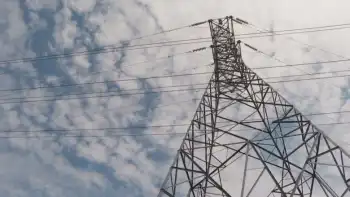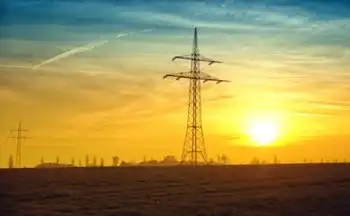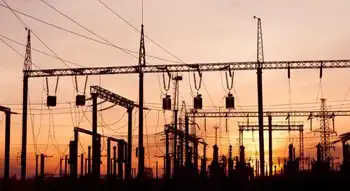Supreme Court rejects Schuette's 2nd shot at EPA rules
DETROIT - - Last June, Michigan Attorney General Bill Schuette won a U.S. Supreme Court challenge to federal regulations on coal- and oil-fired power plants. Not so this year.
Without comment, the court on Monday declined to take up Schuette's challenge to the District of Columbia Circuit Court of Appeals' decision to let those regulations stand while the U.S. Environmental Protection Agency addressed the Supreme Court's concerns about them.
Schuette's office didn't immediately comment on the court's rejection of the case, which was announced with other orders Monday morning. The 8-member court -- still down a member since the death of Justice Antonin Scalia -- considered the state's request for a hearing at its conference last week.
The court typically issues its decision not to hear cases without comment.
Last June, as the court was winding down its term, it ruled in favor of the Schuette-led challenge to the EPA's new regulations regarding mercury and other emissions from power plants. Schuette and representatives from 22 other states argued that the EPA was required to take the costs of implementing and enforcing such regulations into account before finalizing them but hadn't.
In its 5-4 decision, however, the Supreme Court did not toss out those regulations but referred them back to the D.C. Circuit for further action.
That lower court left the regulations in place after EPA maintained it was determining whether the costs involved would be prohibitive, prompting Schuette's challenge. Filing with the Supreme Court in March, Schuette and his team argued that the regulations should have been thrown out entirely.
"The central point of this court's decision in Michigan v. EPA was that EPA exceeded its statutory authority by deciding it was appropriate to regulate power plants without considering the costs of such Regulation," Schuette's team wrote. It added, "EPA had no authority to impose the Mercury Rule as a regulation on power plants."
But the EPA -- which finalized its rule in April by saying it had considered the costs and found the regulations were still "appropriate and necessary" -- noted that the Supreme Court decision had not dictated how it should consider those costs.
"The court made clear ... that EPA retained discretion as to the precise way in which it would take account of costs in its 'appropriate and necessary' analysis," the EPA's lawyers wrote to the court.
Many power plants across Michigan and the U.S. had already started to implementing the changes required by the regulation at the time of the Supreme Court's decision last June and did not reverse course.
Meanwhile, more than 50 Michigan scientists last week asked Schuette to drop his opposition to the new federal standards.
Related News

N.L. lags behind Canada in energy efficiency, but there's a silver lining to the stats
ST. JOHNS - Ah, another day, another depressing study that places Newfoundland and Labrador as lagging behind the rest of Canada.
We've been in this place before — least-fit kids, lowest birthrate — and now we can add a new dubious distinction to the pile: a ranking of the provinces according to energy efficiency placed Newfoundland and Labrador last.
Efficiency Canada released its first-ever provincial scorecard Nov. 20, comparing energy efficiency policies among the provinces. With energy efficiency a key part of reducing greenhouse gas emissions, Newfoundland and Labrador sat in 10th place, noted for its lack of policies on everything from…




